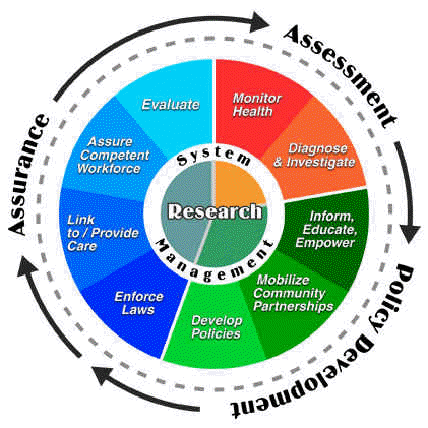Out Loud and In Writing
The following guest post is by Patricia Wagner Dodson, a fiction writer and research nurse at Massey Cancer Center, Virginia Commonwealth University, Richmond, VA. She recently attended Telling Stories, Discovering Voice: A Writing Weekend for Nurses, led by Jim Stubenrauch and Joy Jacobson and co-sponsored by the CHMP and Hunter–Bellevue School of Nursing. Pat blogs at StoryStreams: fiction as comfort.
I’m a nurse, I might say.
But I don’t say it. I qualify it. I spin it. I elaborate on it. I never just say it.
I’ve often wondered why.
I used to think it might be because it sounds so ordinary. I imagine that the person I am speaking to might conjure up an image of a woman in white going from room to room, dispensing medications, holding the hands of the dying, recording the responses to treatment, changing IV fluids. I did that for six months when I graduated from nursing school. I was exhausted and miserable, and it nearly sent me back to my old job, the job I had before I became a nurse.
The following guest post is by Patricia Wagner Dodson, a fiction writer and research nurse at Massey Cancer Center, Virginia Commonwealth University, Richmond, VA. She recently attended Telling Stories, Discovering Voice: A Writing Weekend for Nurses, led by Jim Stubenrauch and Joy Jacobson and co-sponsored by the CHMP and Hunter–Bellevue School of Nursing. Pat blogs at StoryStreams: fiction as comfort.
I’m a nurse, I might say.
But I don’t say it. I qualify it. I spin it. I elaborate on it. I never just say it.
I’ve often wondered why.
I used to think it might be because it sounds so ordinary. I imagine that the person I am speaking to might conjure up an image of a woman in white going from room to room, dispensing medications, holding the hands of the dying, recording the responses to treatment, changing IV fluids. I did that for six months when I graduated from nursing school. I was exhausted and miserable, and it nearly sent me back to my old job, the job I had before I became a nurse.






 Nurses have been described as key to the quality and safety of health care. But it’s dangerous work when you blow the whistle. The
Nurses have been described as key to the quality and safety of health care. But it’s dangerous work when you blow the whistle. The